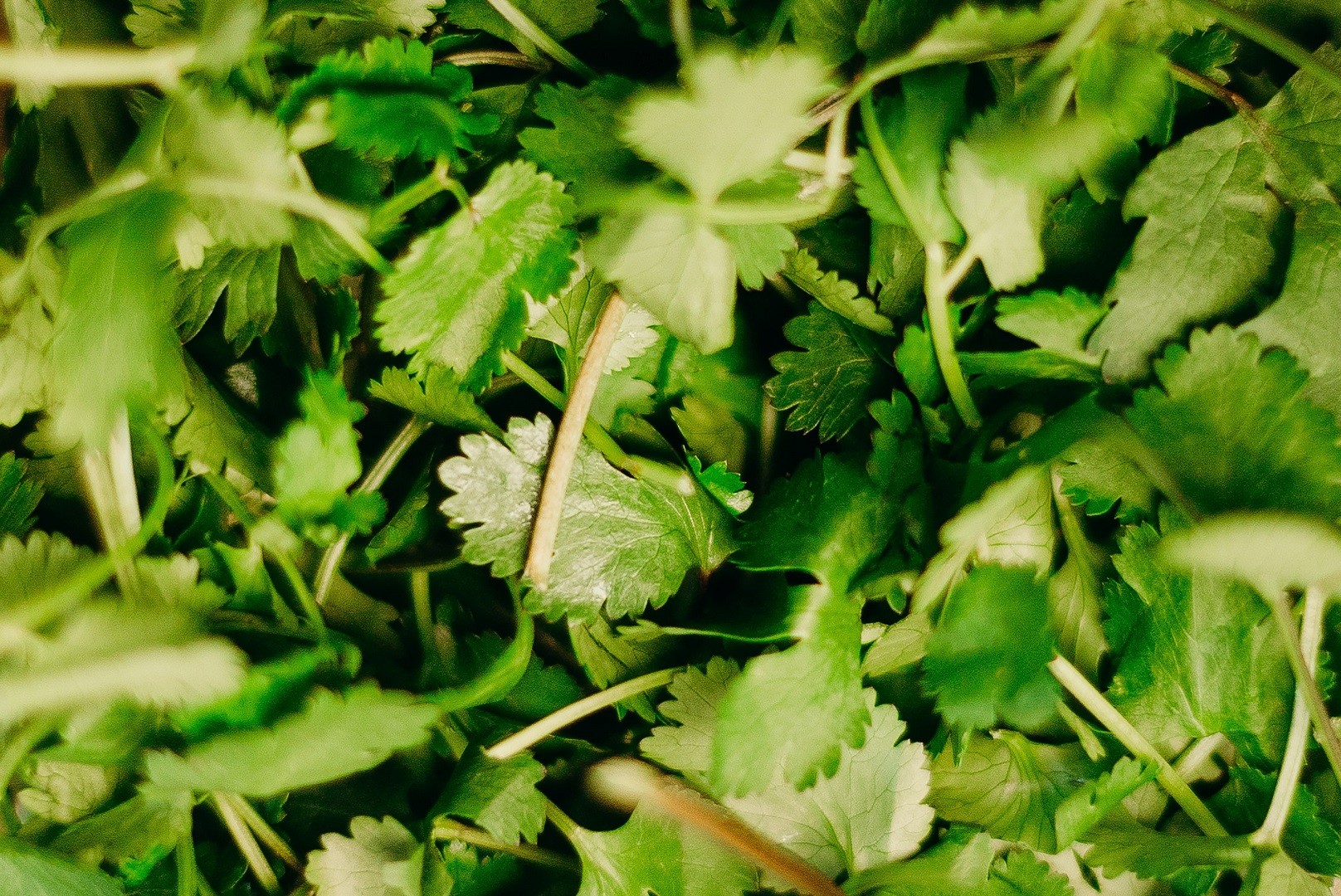
Parsley (Petroselinum hortense) has its origins in the East Mediterranean part of Southern Europe, where its leaves have been used as an ingredient in dishes and as breath freshener.
Today, parsley continues to be a favorite garnish and flavouring in dishes around the world and it is grown in almost the world over. Parsley comes in different varieties although the popular ones used are the flat leaf parsley, curly leaf and Italian parsley. Parsley leaves are generally used in foods for their distinctive, fresh, flavour, this herb also has important medicinal properties.
Nutritional information
Parsley is a good source of:
- Vitamin C
- Manganese, sodium, potassium
- Folate
- Sulphur and calcium
- Provitamin-A
- Vitamins-B, E and K
- Chlorophyll
- Beta-carotene
- Magnesium, phosphorus, iron
Parsley also contains volatile oils like myristicin, eugenol, limonene and alpha-thujene and flavonoids which provide important medicinal benefits.
Health benefits
Anti-carcinogenic
Parsley contains the volatile oil myristicin. Studies have shown that myristicin inhibits the formation of tumours in animals, particularly in the lungs. It is also widely believed to protect the liver and intestines against cancer.
Diuretic and Detoxifier
Parsley helps get rid of excess salt, uric acid, water and toxins in your body by expelling them through the urine. It is often used in treating oedema, water retention and rheumatoid arthritis arising from uric acid accumulation. It is also a blood purifier that helps protect against kidney stones, gall stones and urinary infections.
Cardiovascular health
Parsley can help lower high blood pressure and LDL or "bad" cholesterol. It is also thought to prevent damage to blood vessels and arteries by maintaining their elasticity. Parsley is rich in folate which converts harmful elements like homocysteine into less harmful substances to prevent it from damaging the blood vessels.
Reproductive health
Parsley is sometimes effective as an aphrodisiac as it is thought to stimulate sexual glands and improve fertility.
Antioxidant
Parsley contains more Vitamin-C than lemon and citrus fruits, as well as beta carotene and other anti-oxidant vitamins. Its high antioxidant content is not only good for your skin but also boosts your immune system.
Other benefits
Parsley can also be used to treat:
- anaemia
- asthma
- obesity
- rheumatic illnesses
- toothaches
- indigestion
- menstrual disorders
- bad breath
Preparations
Infusion
Parsley seeds or grained parsley can be mixed with cups of hot water and strained before drinking or using as a face cleanser.
Powder
Parsley seeds may be ground into a powder form. Under the advice of your health professional, half a tablespoon of parsley powder may be consumed at least twice a day for medicinal benefits.
Poultice
Parsley powder or crushed parsley leaves may be used as poultices to be applied on skin areas with insect bites or itchiness.
Some precautions
Pregnant women should consult a health professional before consuming high amounts of parsley if they are breastfeeding as the potent ingredients may be passed into the breast milk. Parsley also contains a good amount of oxalates, which when concentrated in body fluids, may crystallize and aggravate existing and untreated kidney and gallbladder problems.
While parsley may be safely consumed as a natural ingredient in dishes, you should first seek a naturopaths advice before taking parsley powder and drinking parsley infusion.
Originally published on Aug 28, 2009








